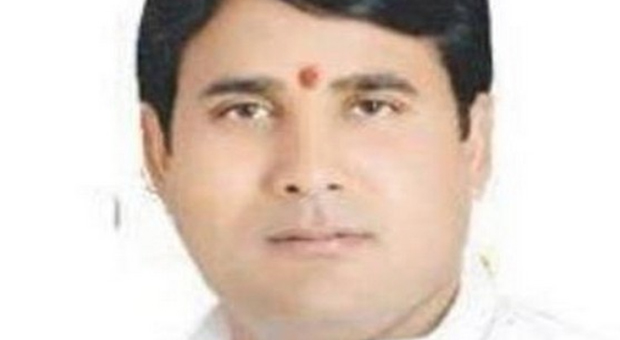New Delhi, Feb 11: To ensure that prices of pulses do not flare up any further, central security agencies including Intelligence Bureau and Directorate of Revenue Intelligence have been asked to keep a close watch on tur, urad and gram traders to check speculation and hoarding.
Pulses prices have been under pressure since last year due to production fall in the wake of unfavourable weather. For instance, retail tur prices had shot up to Rs 200/kg in most places, which after series of government steps have now cooled down to Rs 160/kg though still costlier for common man.
Despite several steps, pulses prices are expected to remain firm this year as well due to production concerns because of drought for the second straight year.
In this backdrop, sources said, a meeting of central security agencies -- IB, DRI, Income Tax Department, Directorate General of Foreign Trade (DGFT) and Delhi Police -- was recently called by the Consumer Affairs Ministry to discuss further actions to curb "satta operators" in pulses trading and keep prices under control.
"In the meeting, the enforcement agencies were asked to concentrate on tur and urad traders in the coming days. They have been informed to take stringent action against "satta operators" in these commodities," the sources said.
Since the harvesting of winter-sown gram dal will begin shortly, the agencies have been asked to keep a close watch on trading of this particular dal, the sources said.
In order to check hoarding of imported dals, the customs department has been asked to collect port-wise details of imported stocks and see if imported pulses are being kept at ports beyond a reasonable period, they added.
In the meeting, it was also informed that the recent income tax raids conducted in several cities on masoor dal traders helped cool down prices to a large extent.
Retail masoor dal prices have now declined below Rs 80 per kg from Rs 120 per kg level in last three-four months, as per the government data.
According to sources, the enforcement agencies have decided to meet on a regular basis and will also take views of the state officials in the meeting through video conference for effective actions against speculators.
Besides keeping curb on speculators, the government is increasing availability of pulses in the domestic market through imports. It is also building a buffer stock.
Pulses output had declined by 2 million tonnes to Rs 17.38 million tonnes in 2014-15 crop year (July-June). In the current year, pulses output from the kharif (summer) season is estimated to be slightly lower at 5.56 million tonnes. Rabi (winter) pulses are yet to be harvested.
India imports 4-5 million tonnes of pulses annually as domestic demand is about 22-23 million tonnes.






Comments
Add new comment